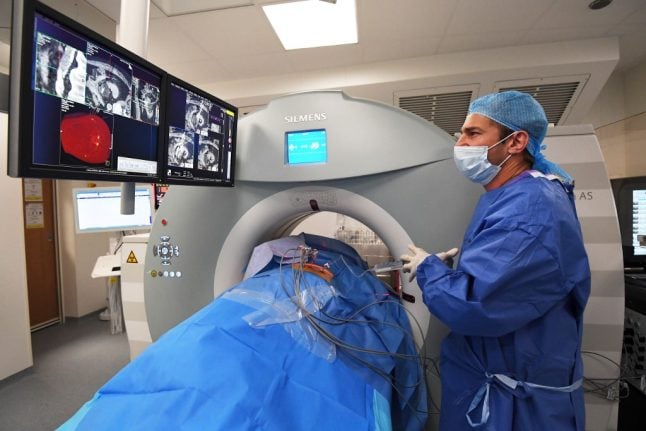CANCER
Sunbed tanning kills 800 per year: study
Sunbed tanning causes 800 melanoma deaths in Europe every year, with indoor tanners running a 20 percent higher risk of developing skin cancer, according to a new French-Italian study.
Published: 25 July 2012 07:26 CEST

Photo: Bora Ucek
About 3,400 of some 64,000 new cases of cutaneous melanoma diagnosed in 18 European countries every year are related to sunbed use — more than five percent, said a statement issued by the BMJ medical journal.
The risk doubled if tanners started before the age of 35.
The findings were based on an analysis by researchers of 27 studies on skin cancer and sunbed use conducted between 1981 and 2012 in Britain, France, Germany and other countries.
They found a "1.8 percent increase in risk for each additional sunbed session per year", said the statement.
"The authors believe that earlier studies have tended to underestimate the risk of indoor tanning because the use of these devices is relatively new."
The study authors from the International Prevention Research Institute in France and the European Institute of Oncology in Italy urged tougher regulation and restricting children's access to tanning salons.
Url copied to clipboard!



 Please whitelist us to continue reading.
Please whitelist us to continue reading.
Member comments